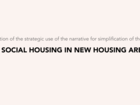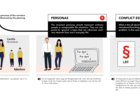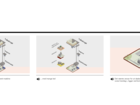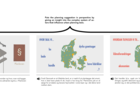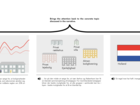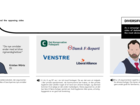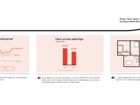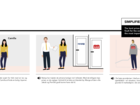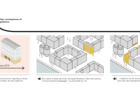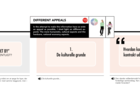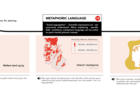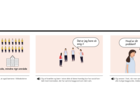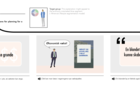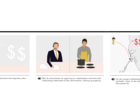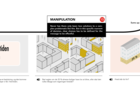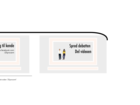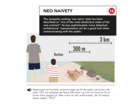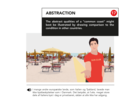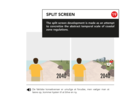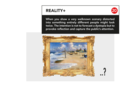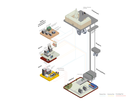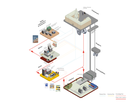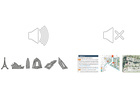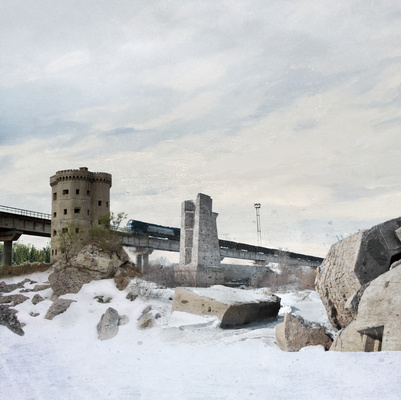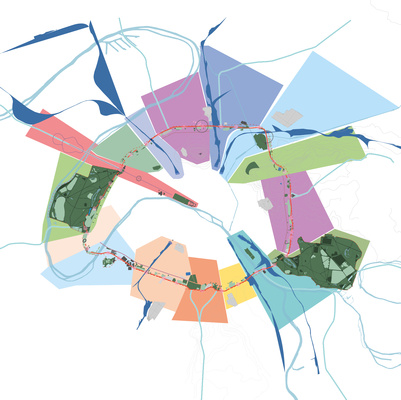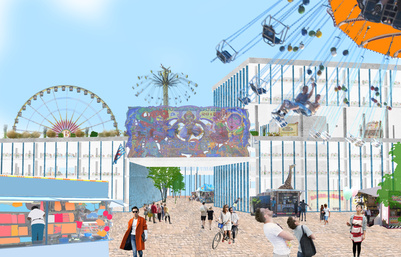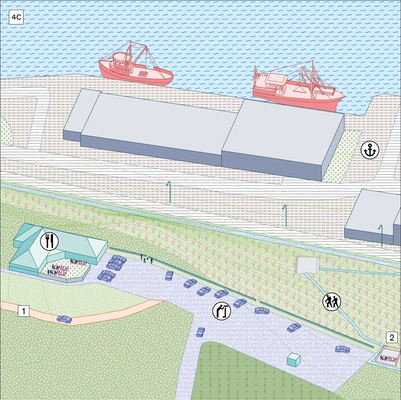#Planning - Hacking communication lines for an informed public
This project consists of a study for a retroactive information campaign concerning the lopsided Danish Planning Act debate 2014-2016.
The basic idea is that the involvement of the general public in certain urban planning issues could - and can - assist a more democratic and constructive public debate about our common future.
The three debate questions, addressed in the campaign, count:
1) Should we roll back the big city municipalities’ possibility to demand 25% social housing in new housing areas?
2) Should the rules for building in the coastal zones be liberalized?
3) Should we allow more hypermarkets? (Bilkas)
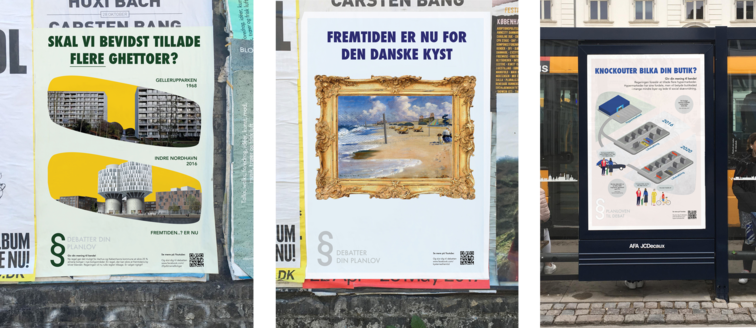
"Can we also design how an idea enters culture?"
- Keller Easterling, professor of architecture at Yale University
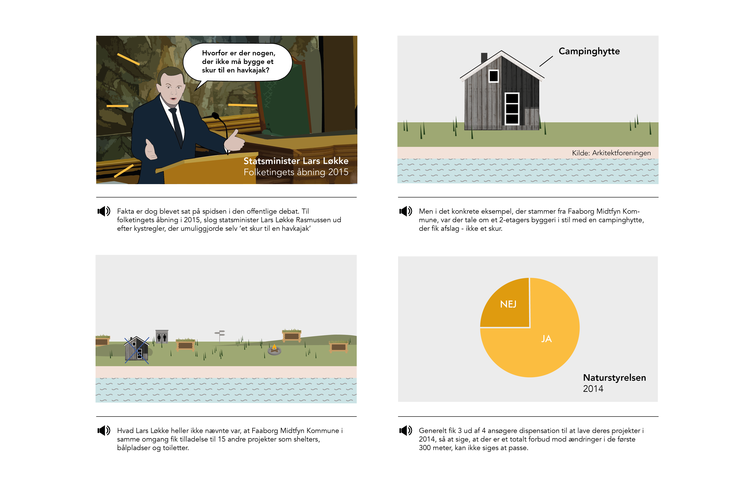
Motivation
One of the most crucial, recent discussions within urban planning was almost absent in the public debate. Namely, the 2014-2016 planning act debate in which radical suggestions for liberalising the Danish Planning Act were put forward by the government.
In this case, the spatial and societal consequences of these suggestions were poorly discussed and became blurred by the dominance of sensational statements and fake news.
The complexity of these urban planning issues produces challenges when trying to engage the public. Urban planning is in general poorly represented in the mass media, compared to architecture, for example. And in general, few people, politicians included, are informed about spatial planning.
Ambition
This project is generated as a response to these conditions, and consists of a study for a retroactive information campaign which unfolds in the cross field between urbanism, journalism and communication.
My objective is to provide the general public with an expanded view on the debate from a generalist perspective, using different methods and representational strategies to create legibility, and stimulate reflection. The most important arguments for and against the policy proposals are introduced and the viewer is encouraged to take a stand.

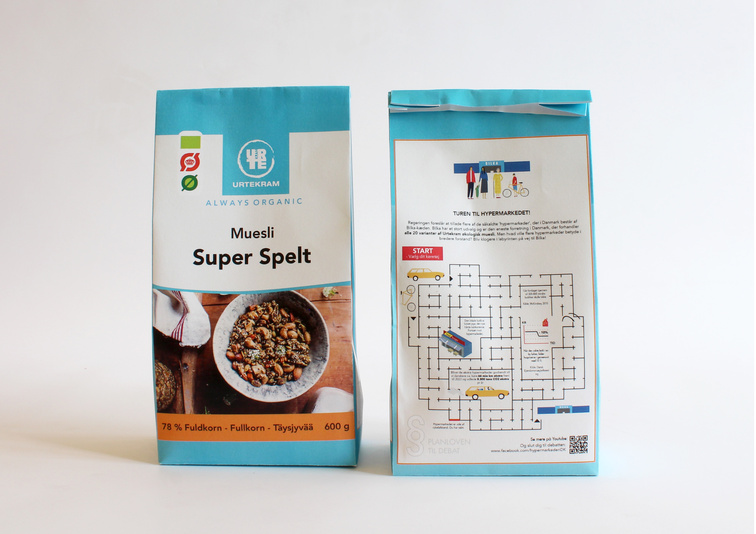
Why is this a task of an architect?
Although abstract, the structures laid out by the Planning Act, to some degree govern the spaces of our everyday life. To an even higher degree they create the framework for the urbanity we will have in the future. Conditions that we as architects, per definition, should feel some responsibility for.
As generalists with the tools to synthesize complex conditions and graphically visualize concepts and spatial outcomes, architects are able to make a crucial contribution to the practice of planning. A practice that in recent years has been increasingly dominated by those trained in the social and economic sciences.
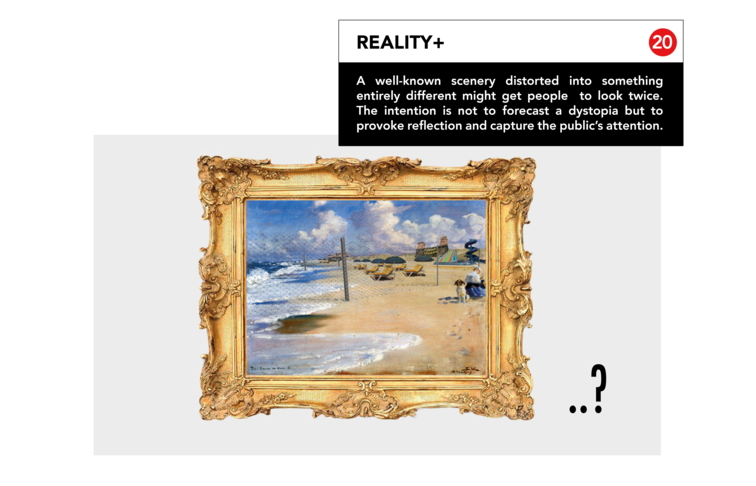

Prospect of the campaign
While for many planning practitioners, the outcome of the 2014-2016 planning act debate was a ‘fortunate compromise’, the pressures for planning liberalisation from certain political parties and lobbies continues unabated – awaiting ‘advantageous’ political conditions in the future. It is in this complex context that I see an exploration into challenging both the disinformation, and lack of information around the public planning debate, as both necessary and urgent.


